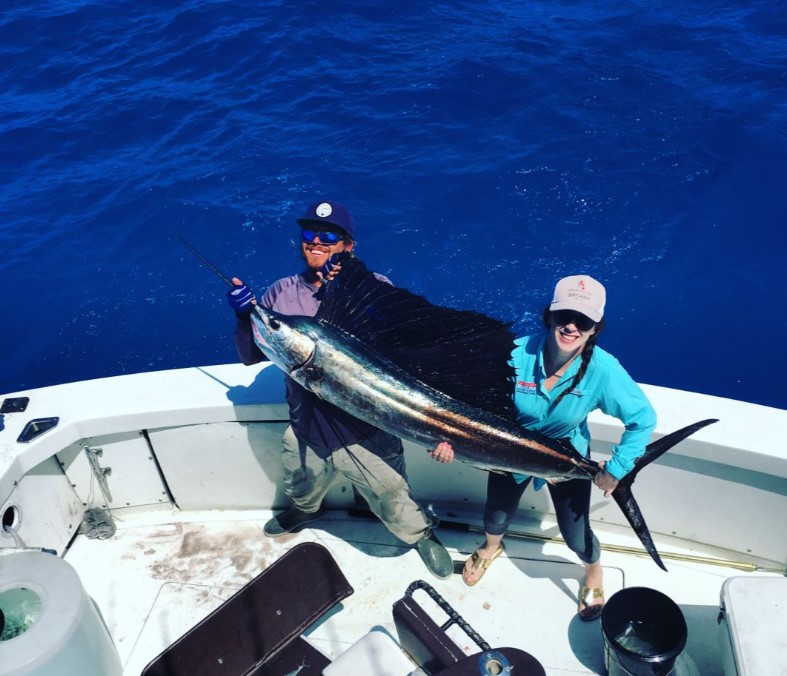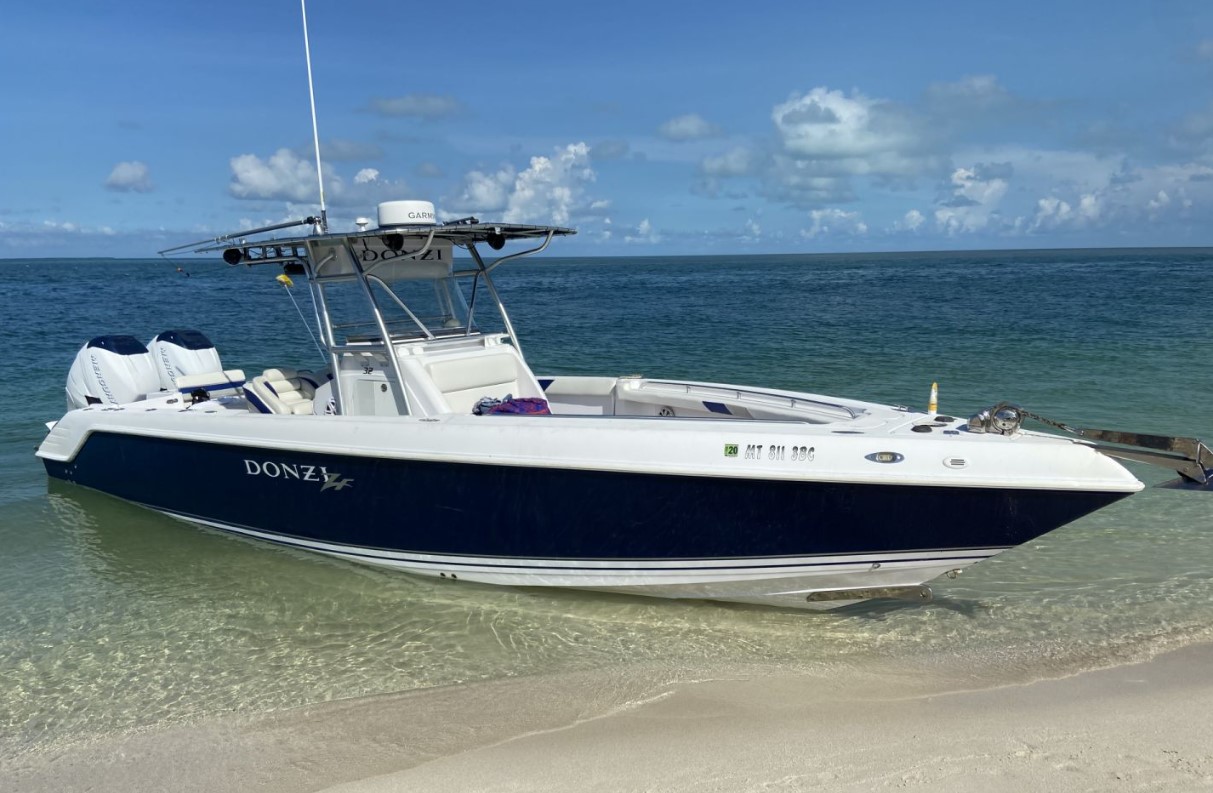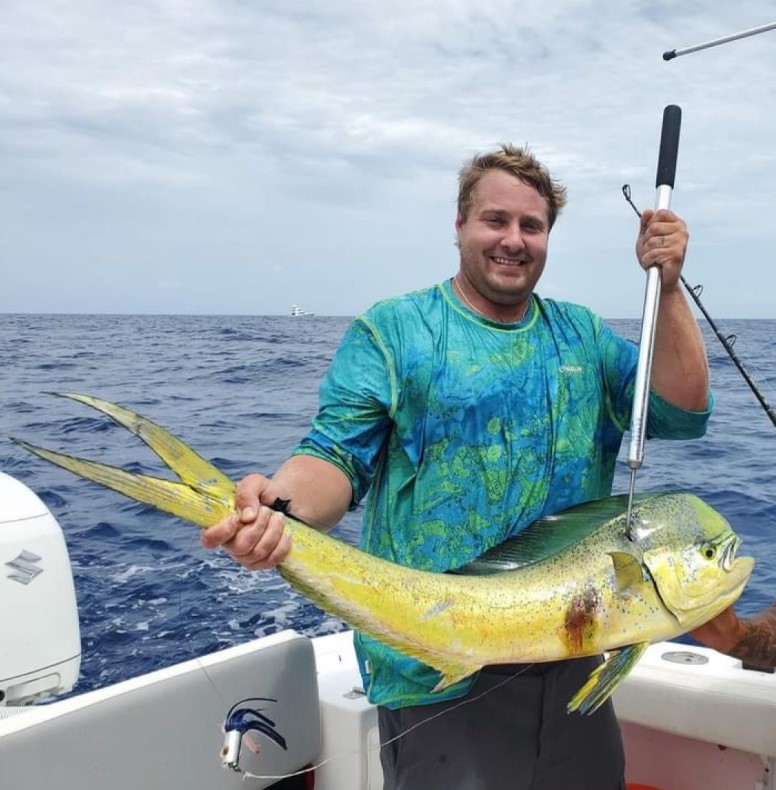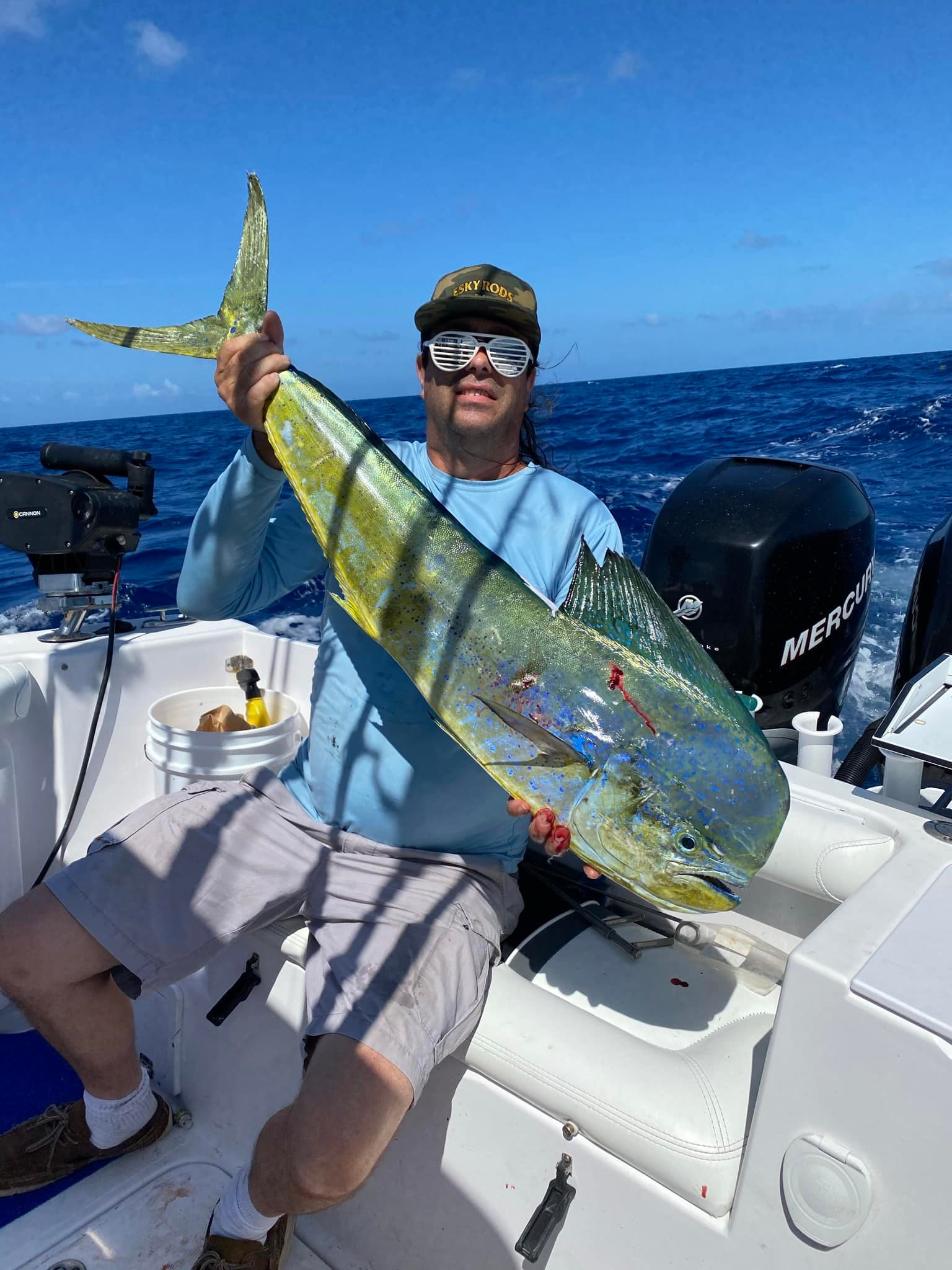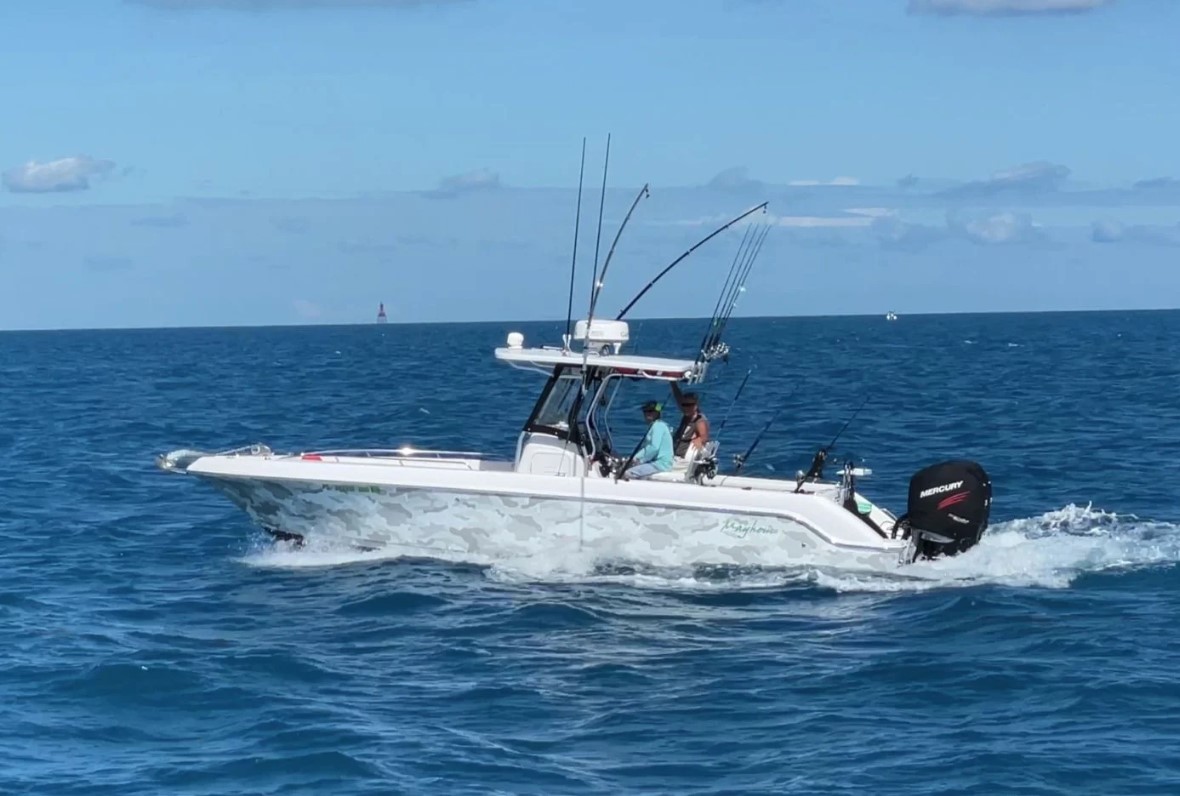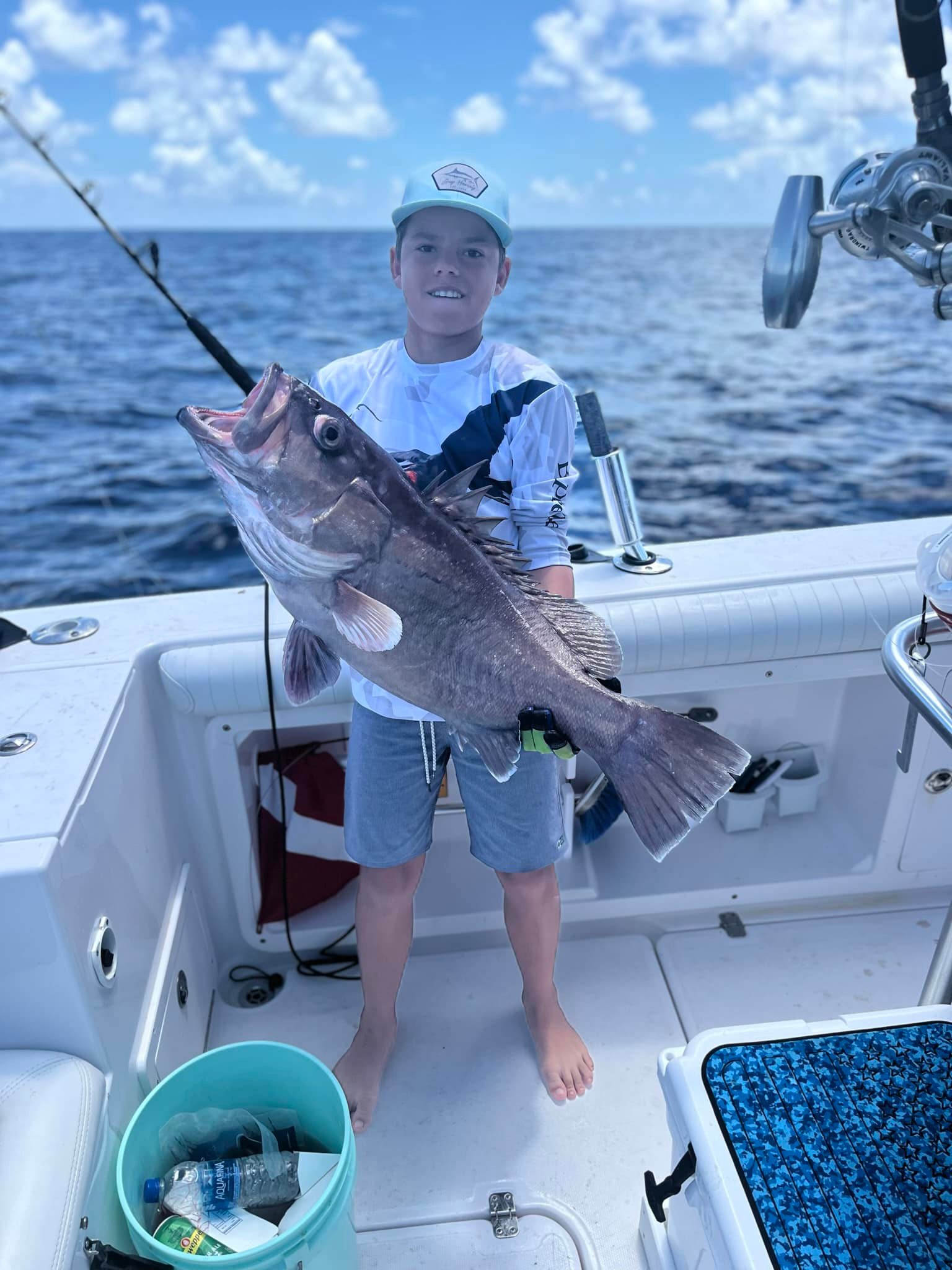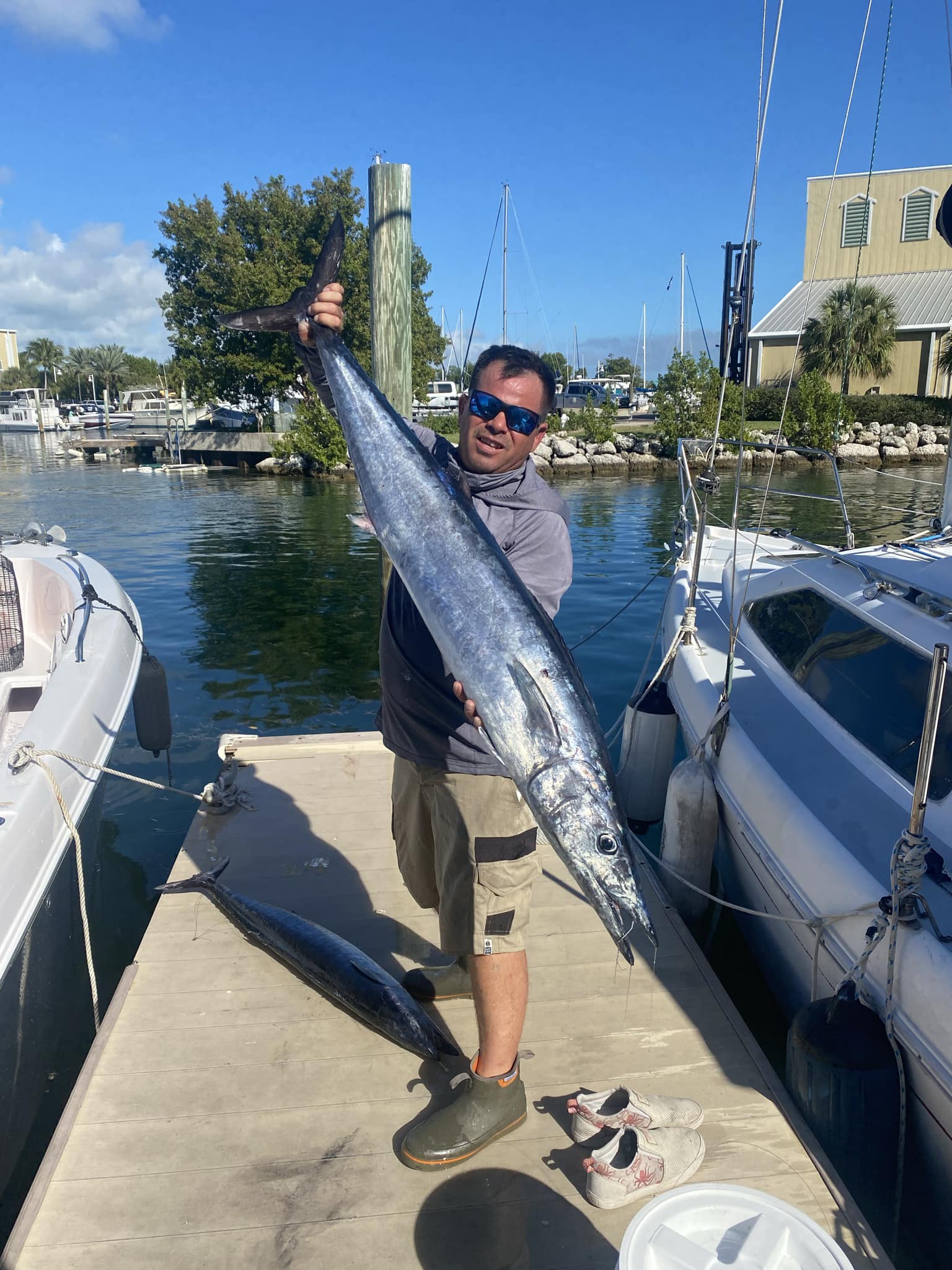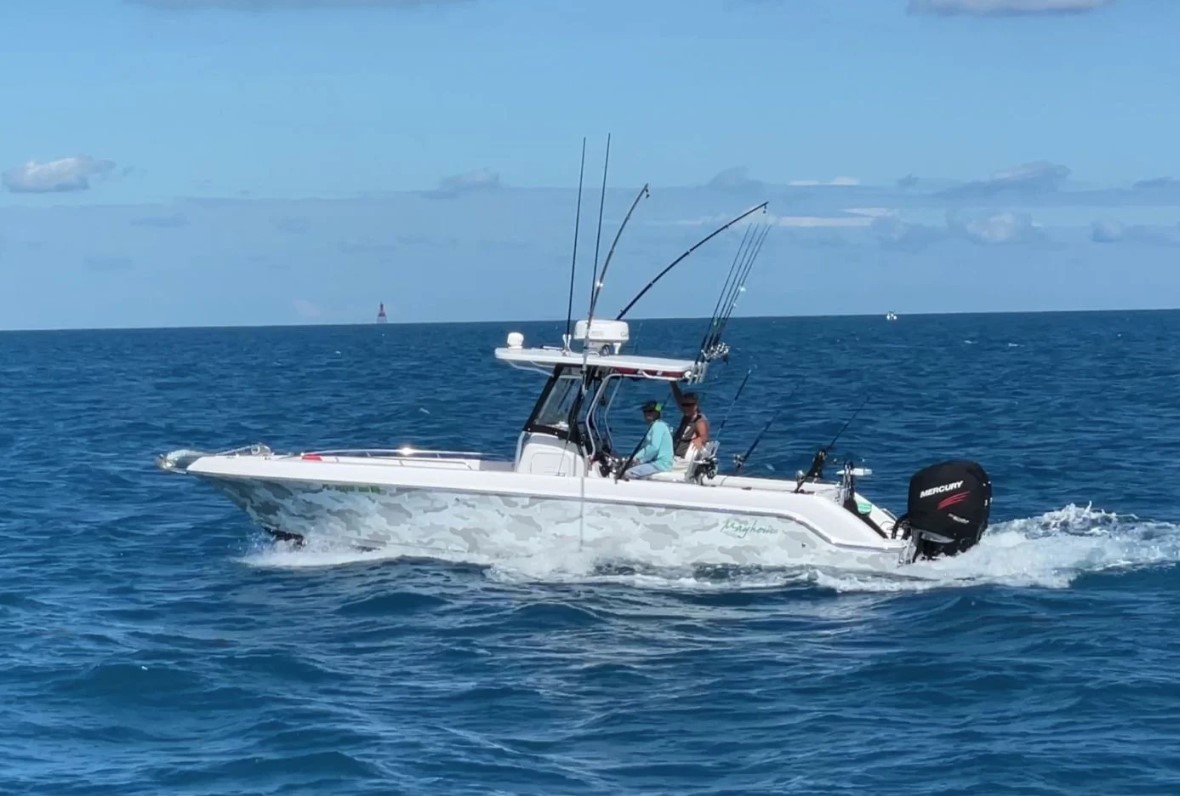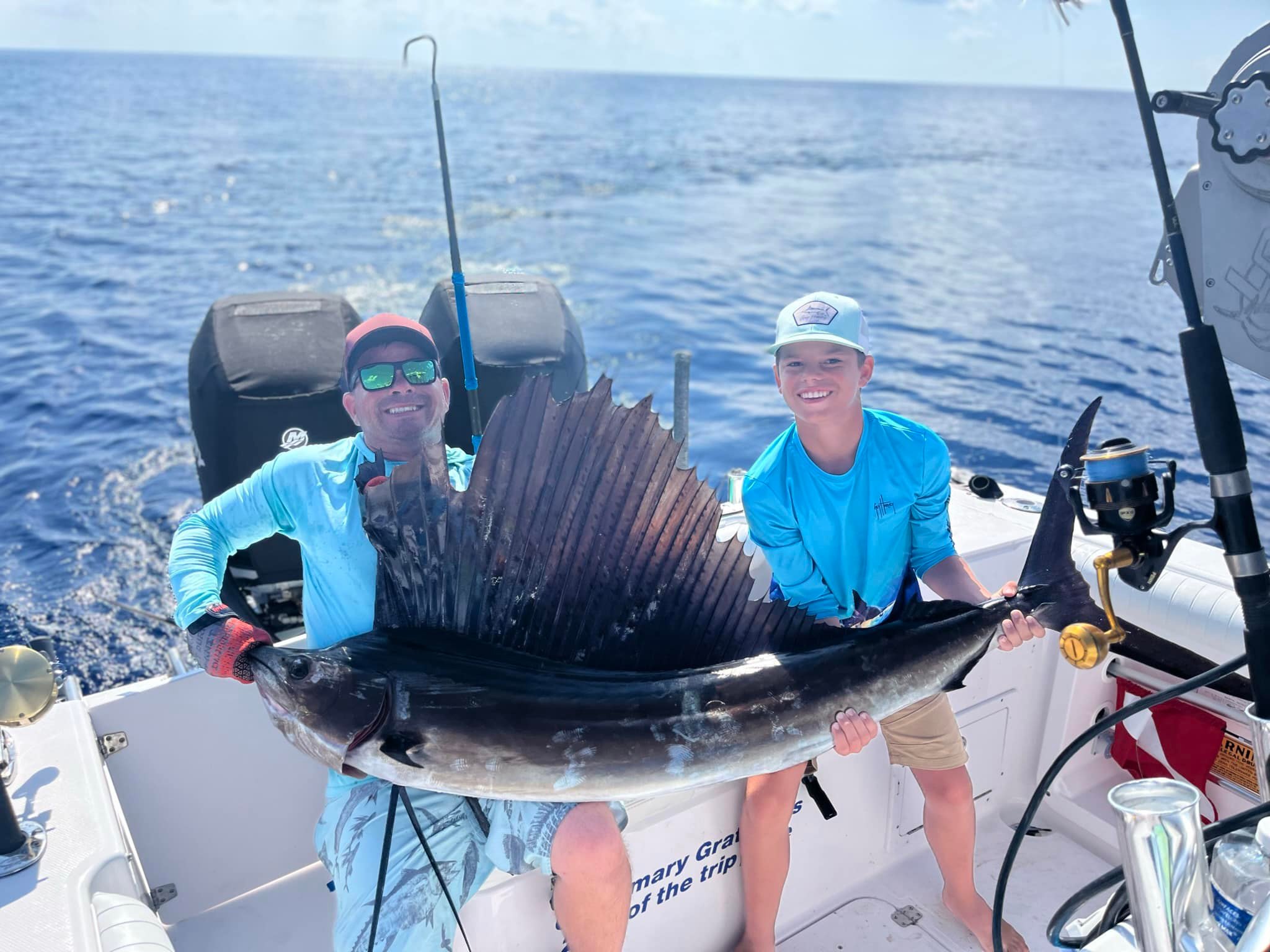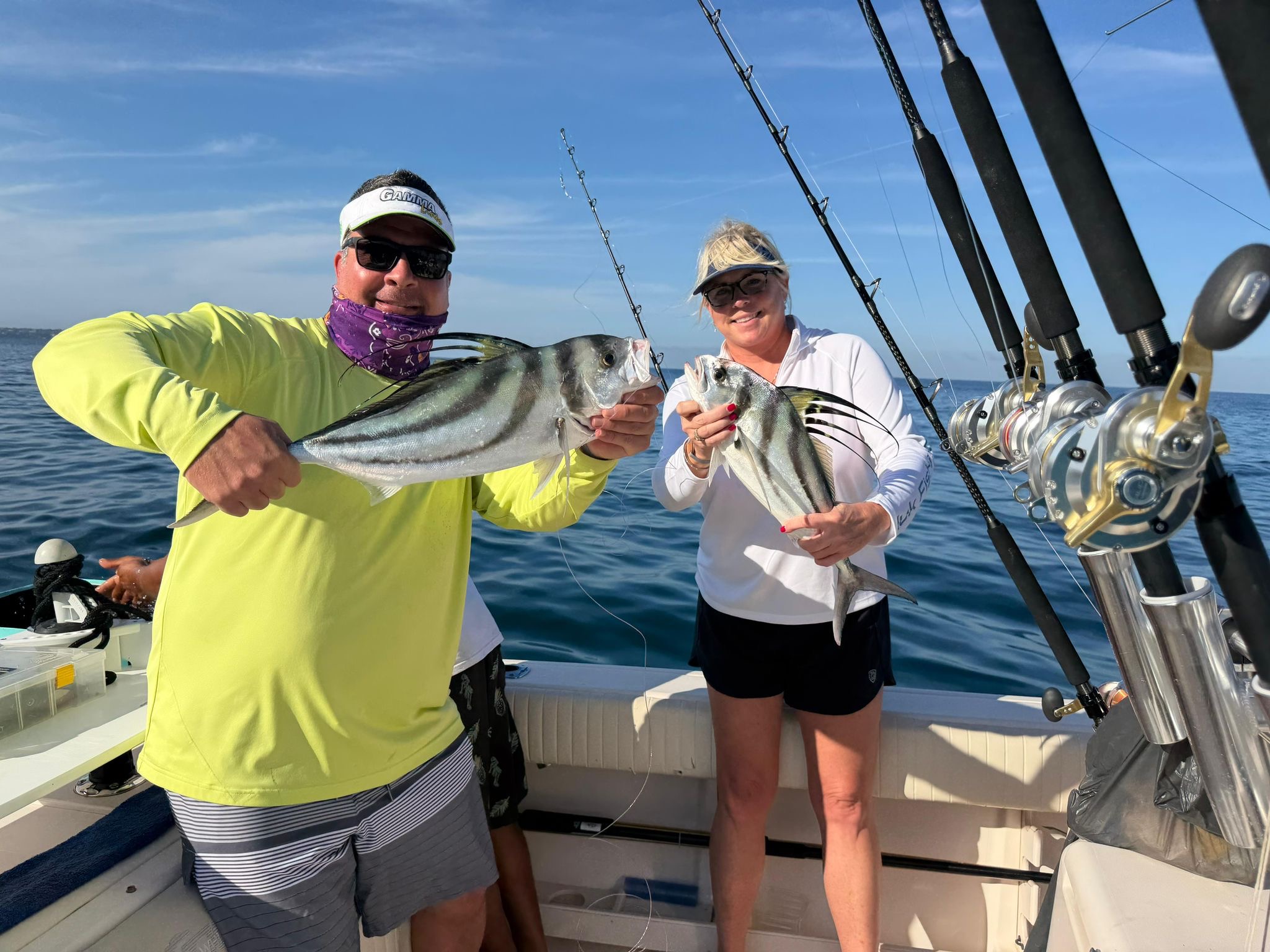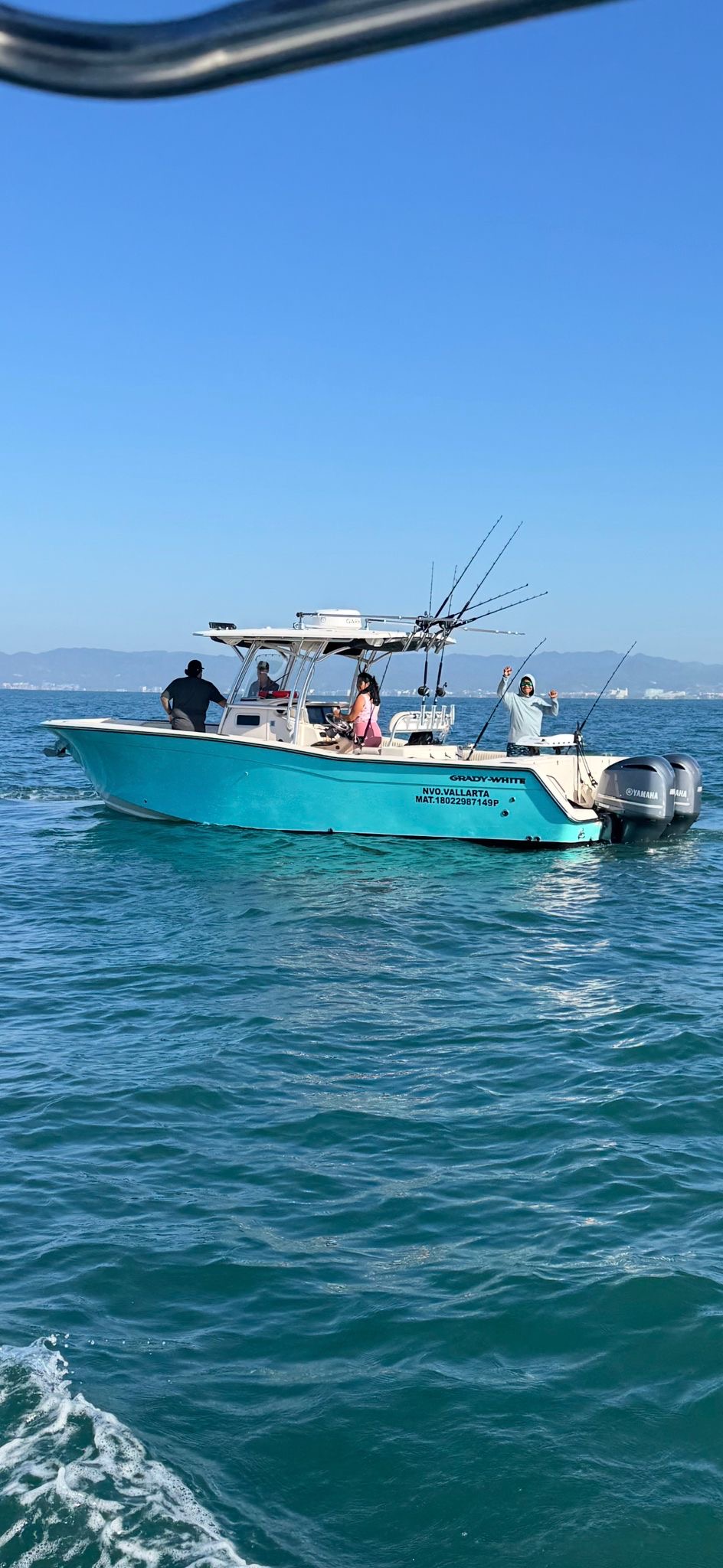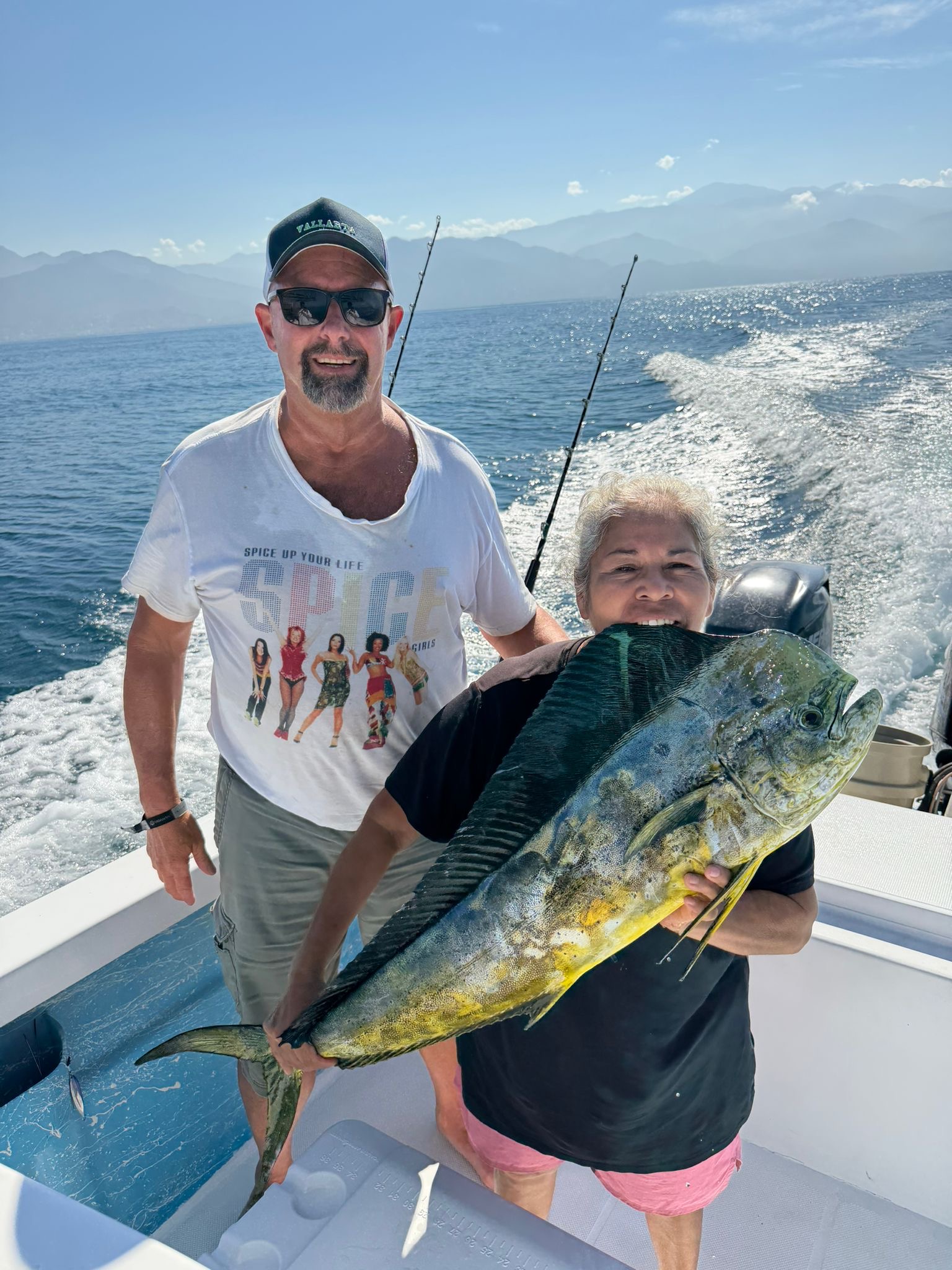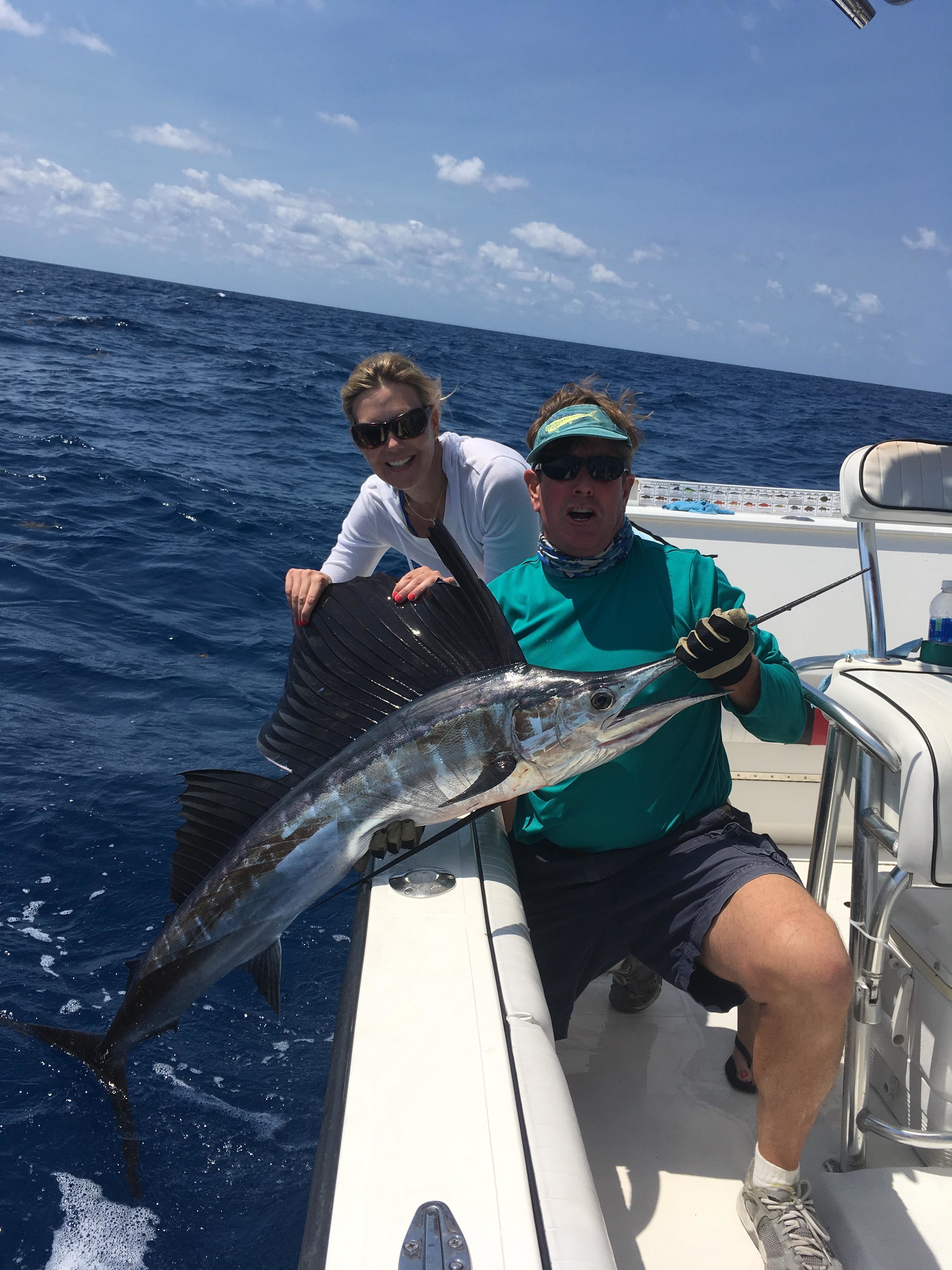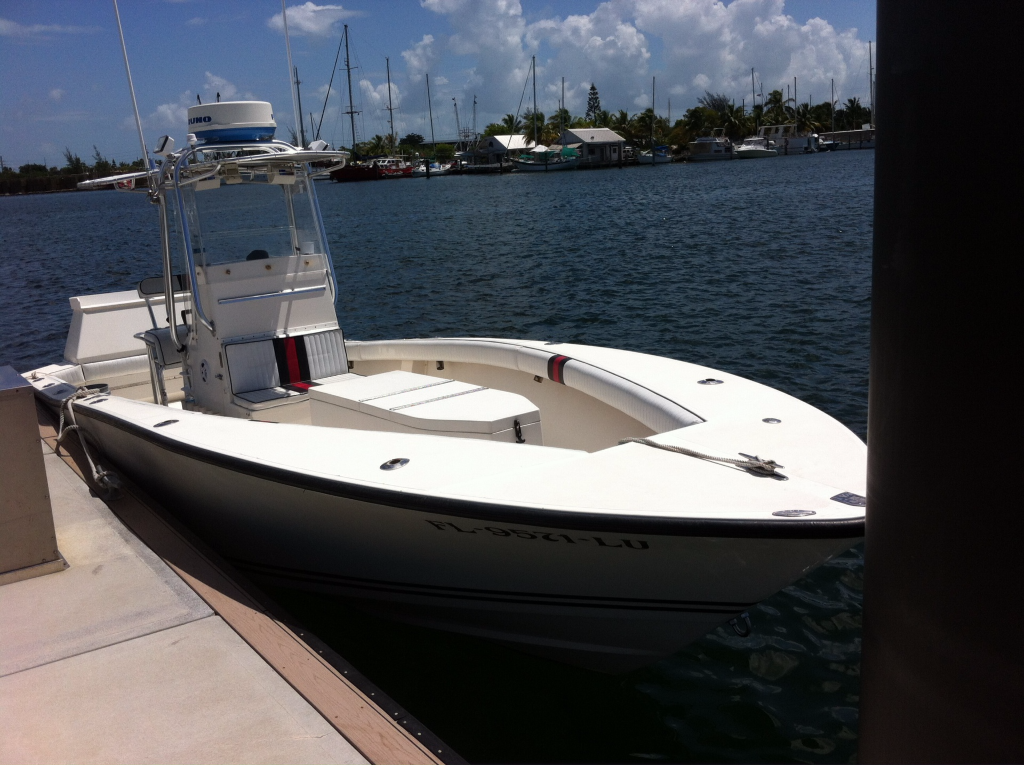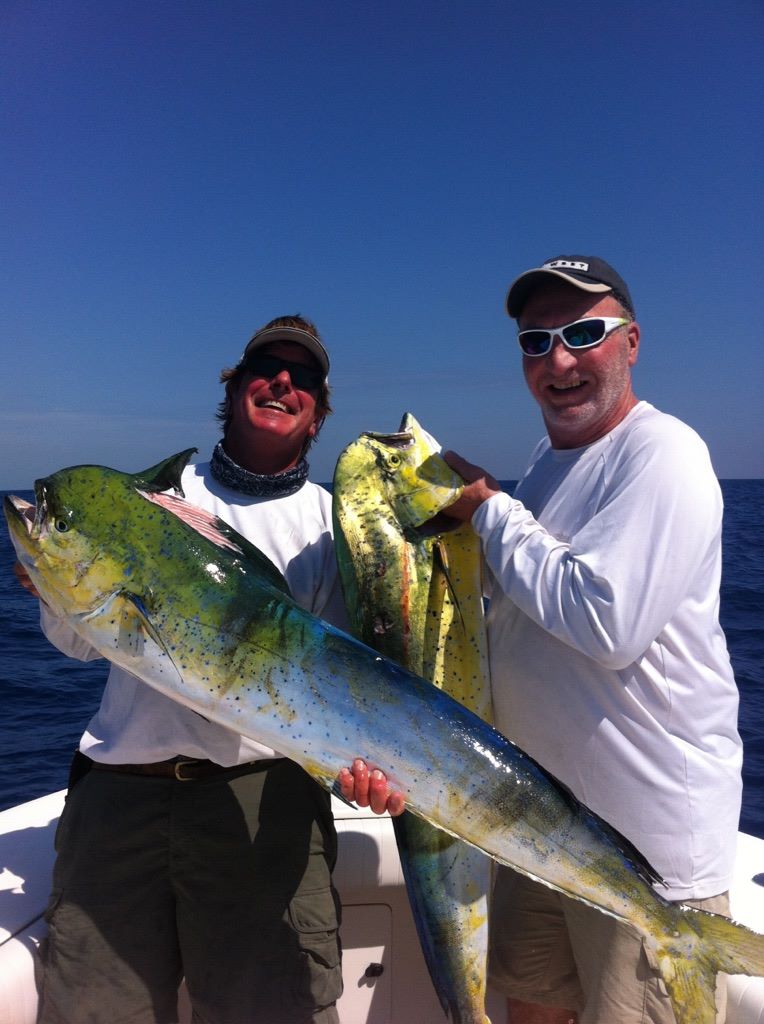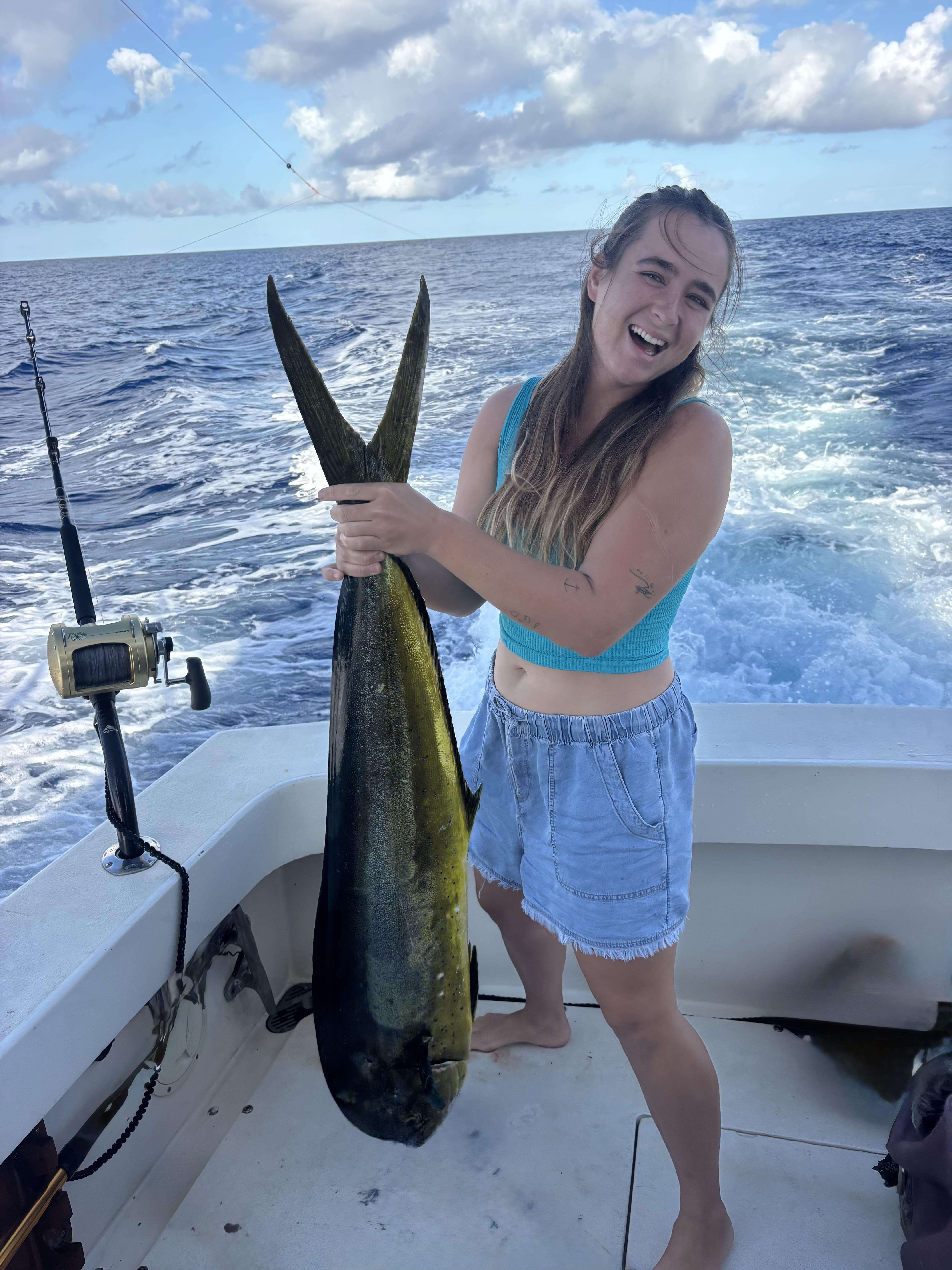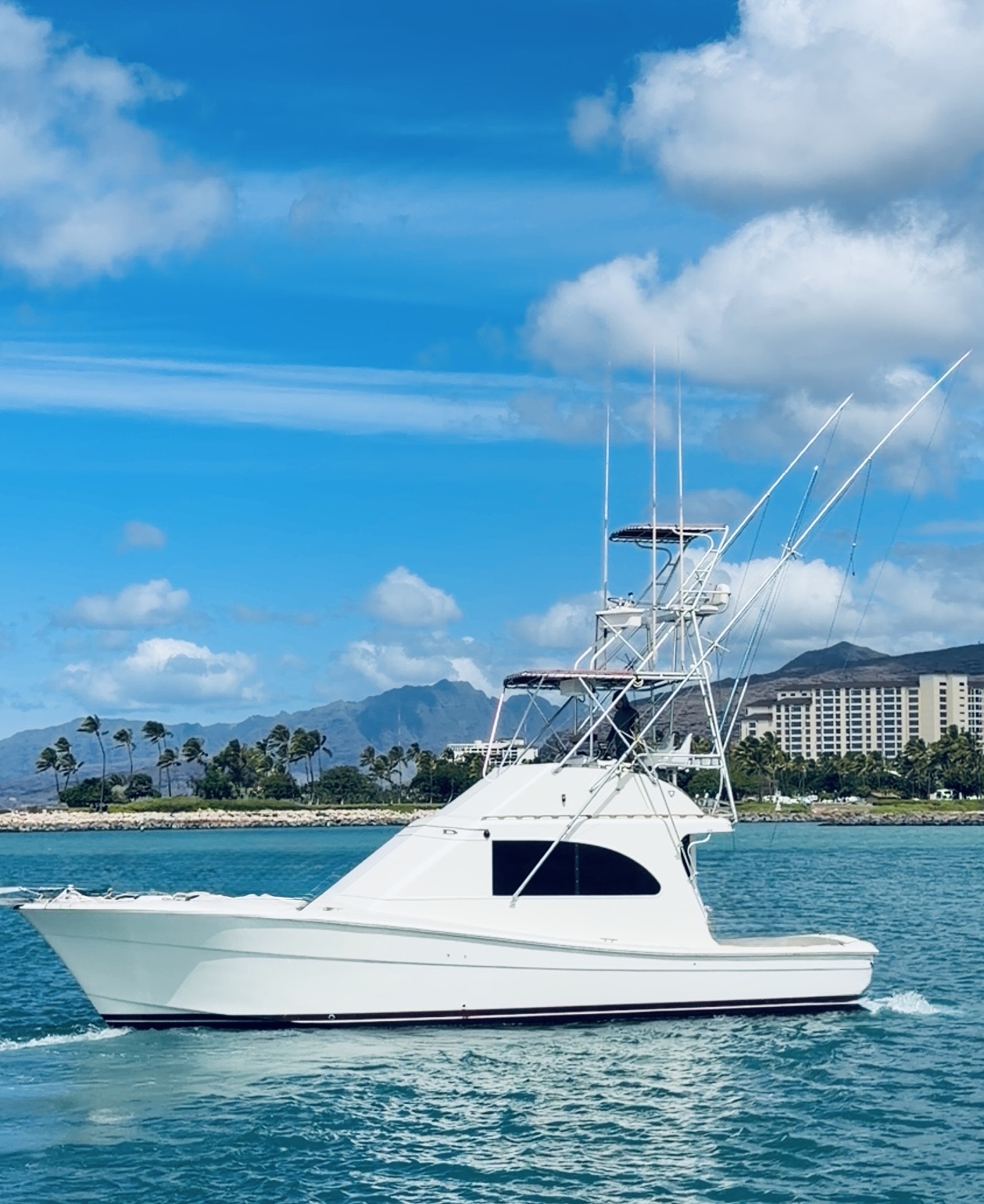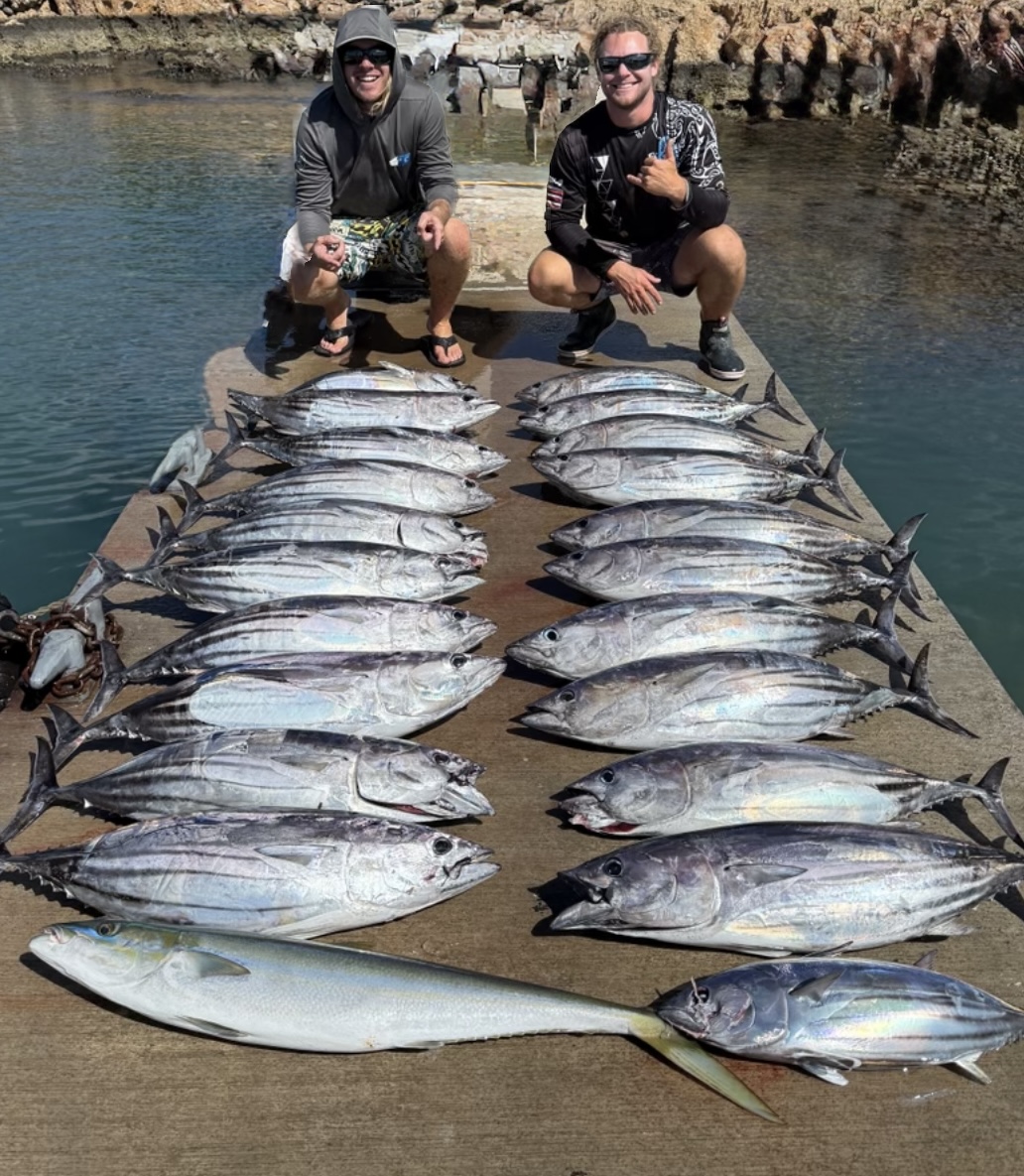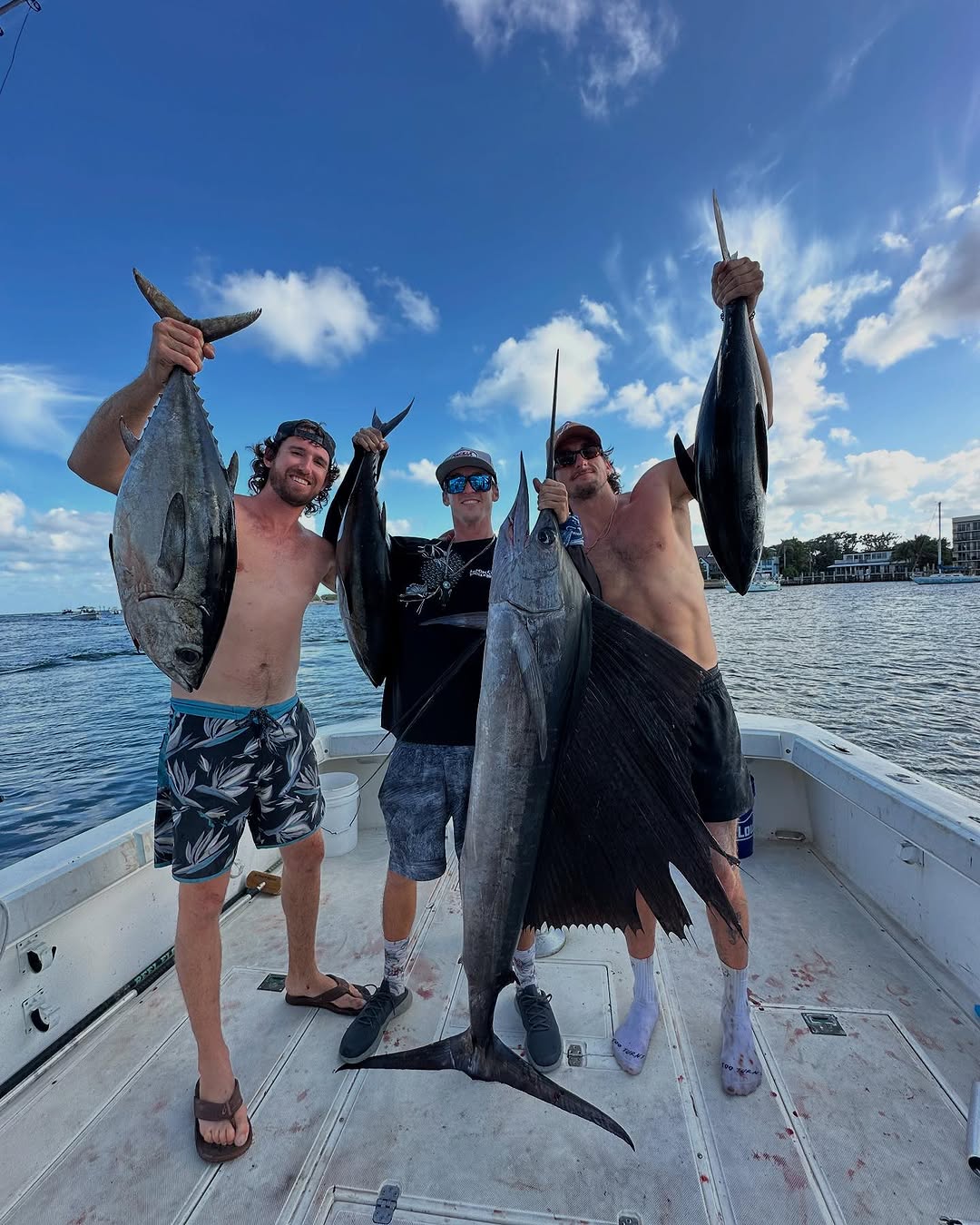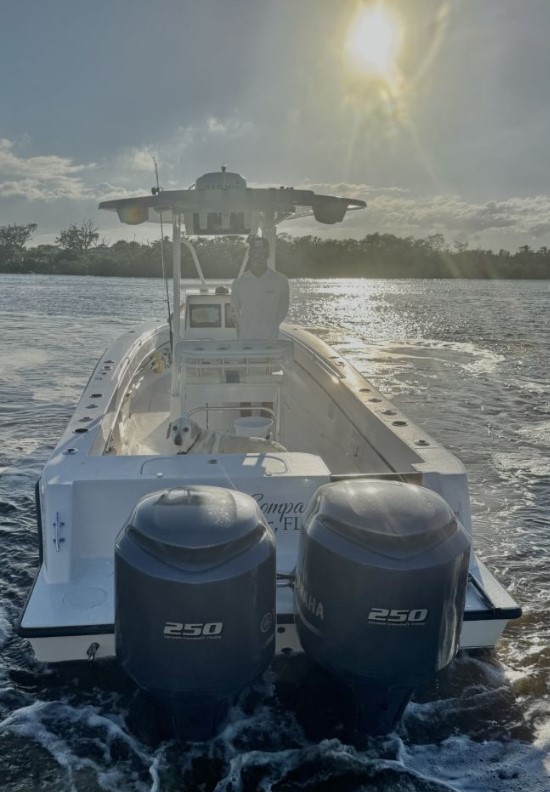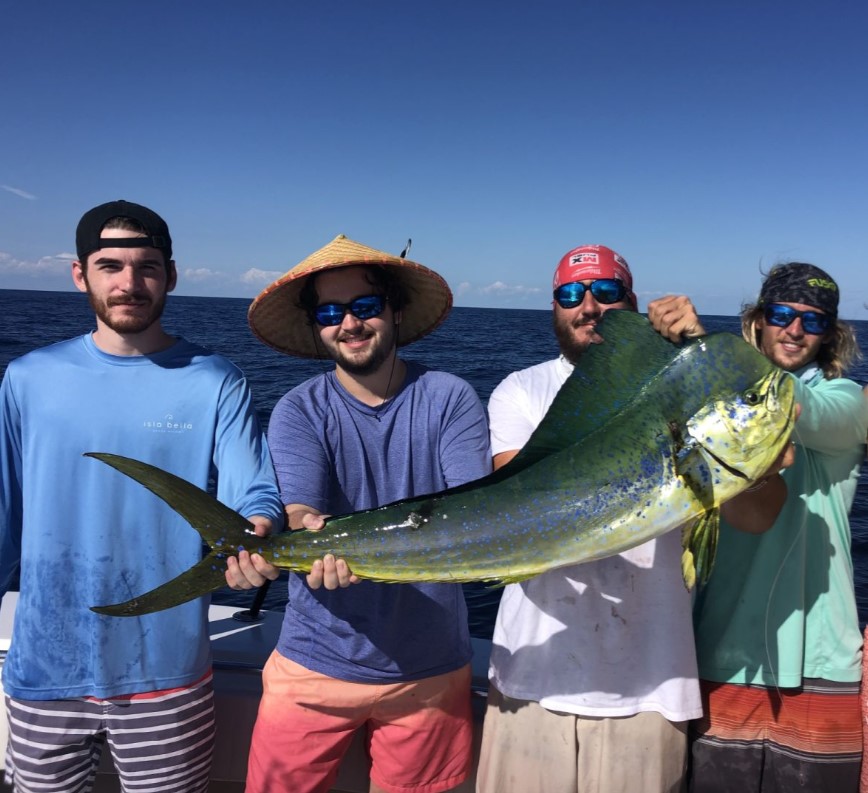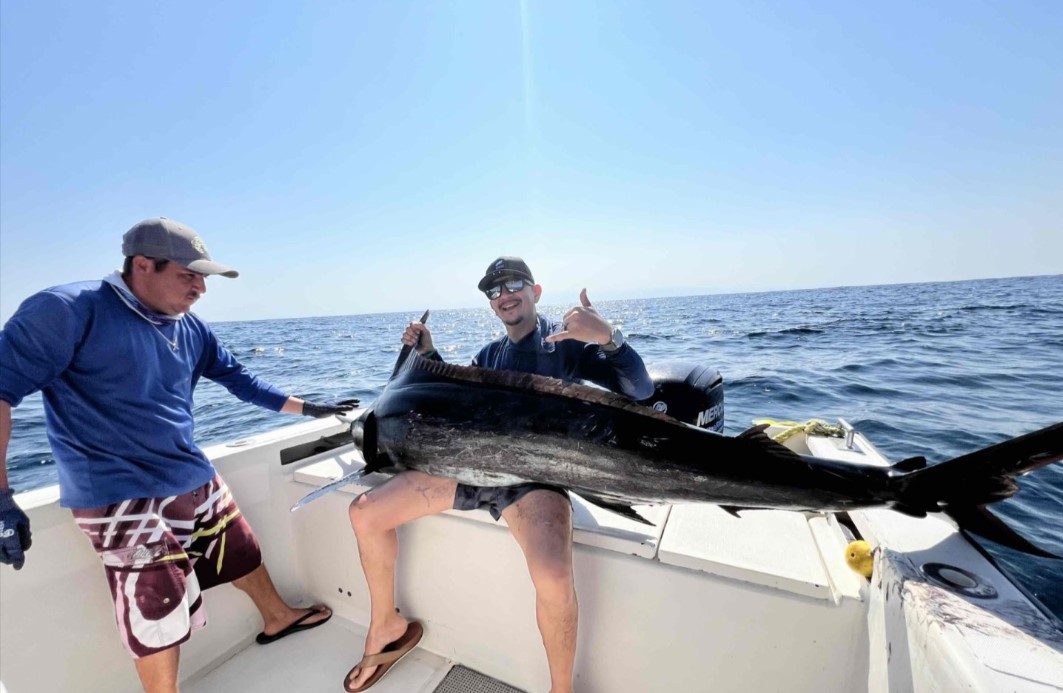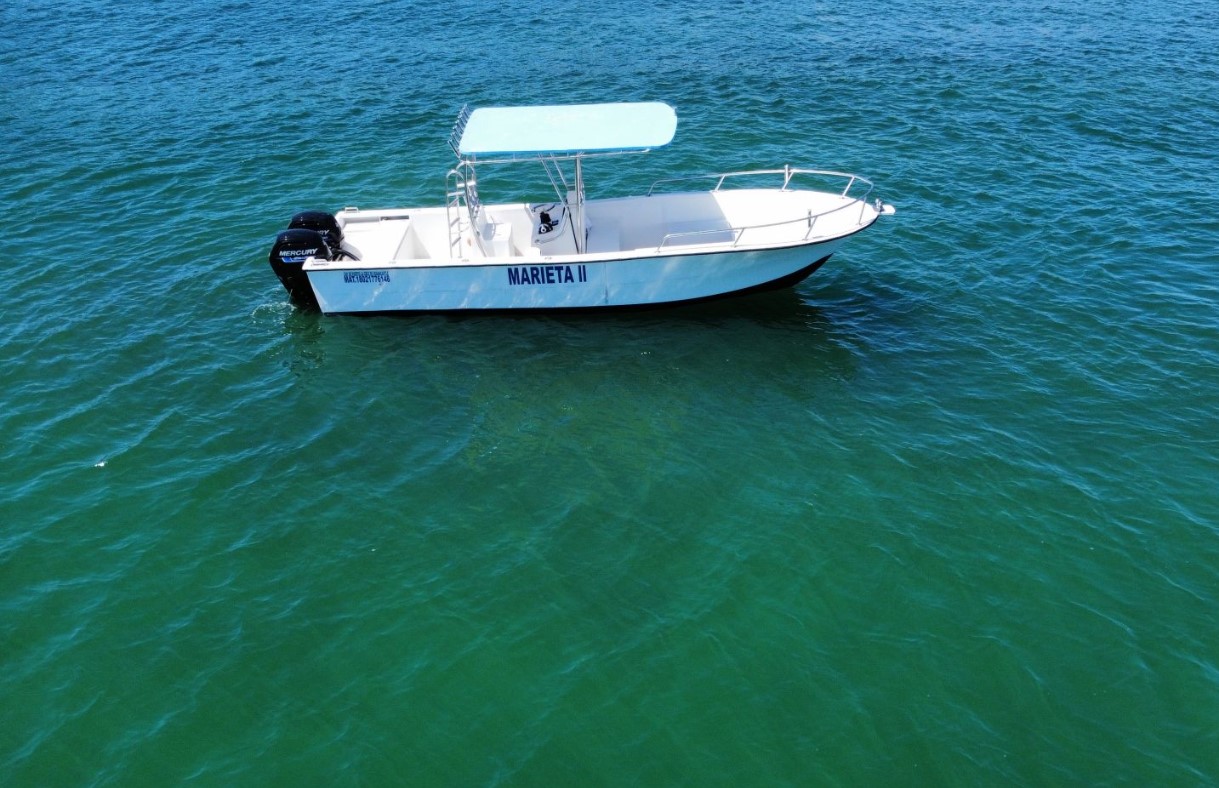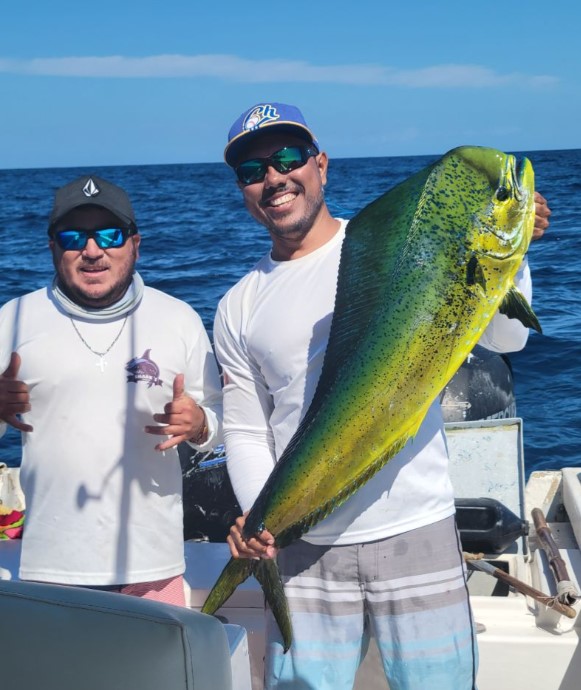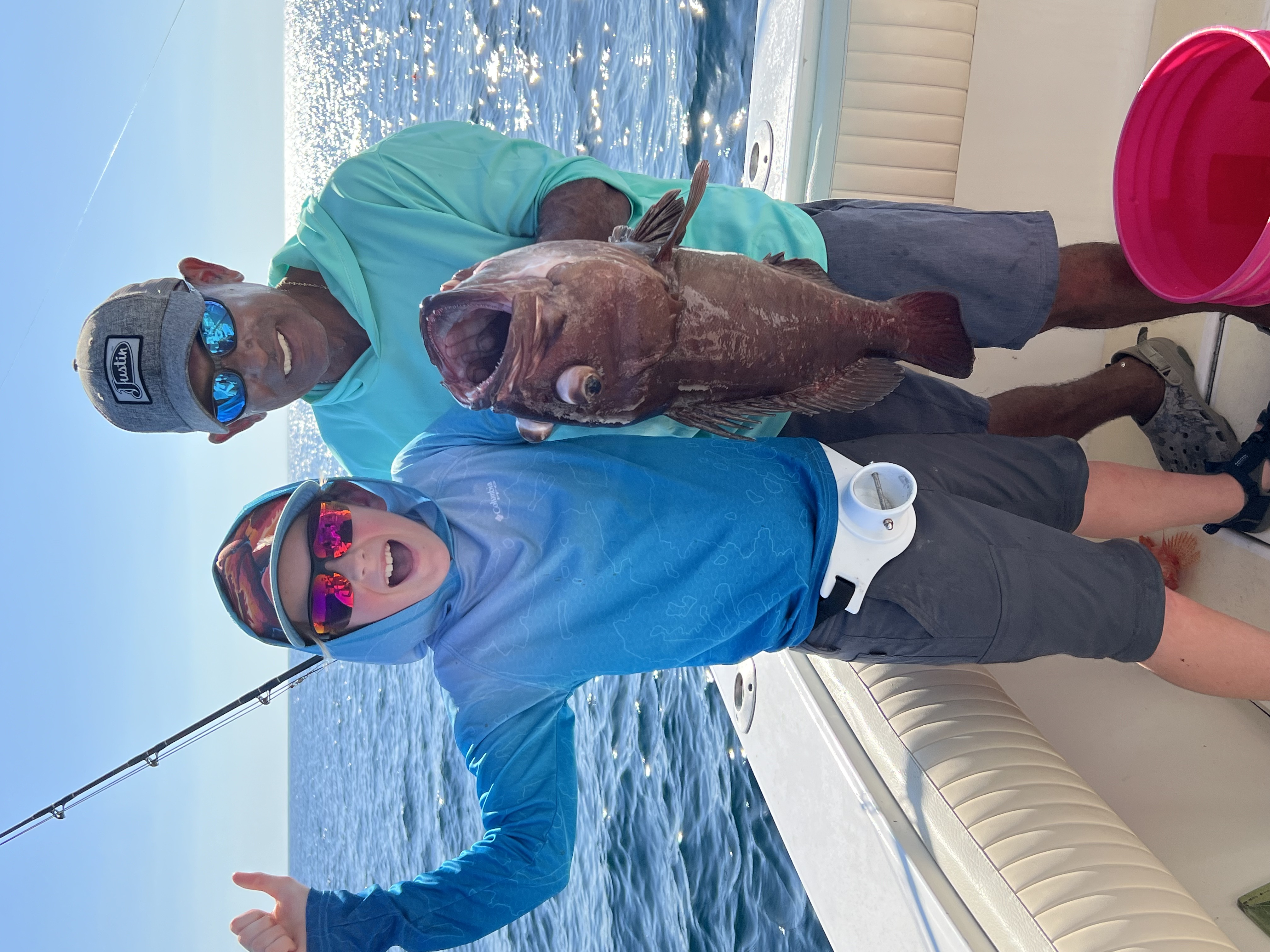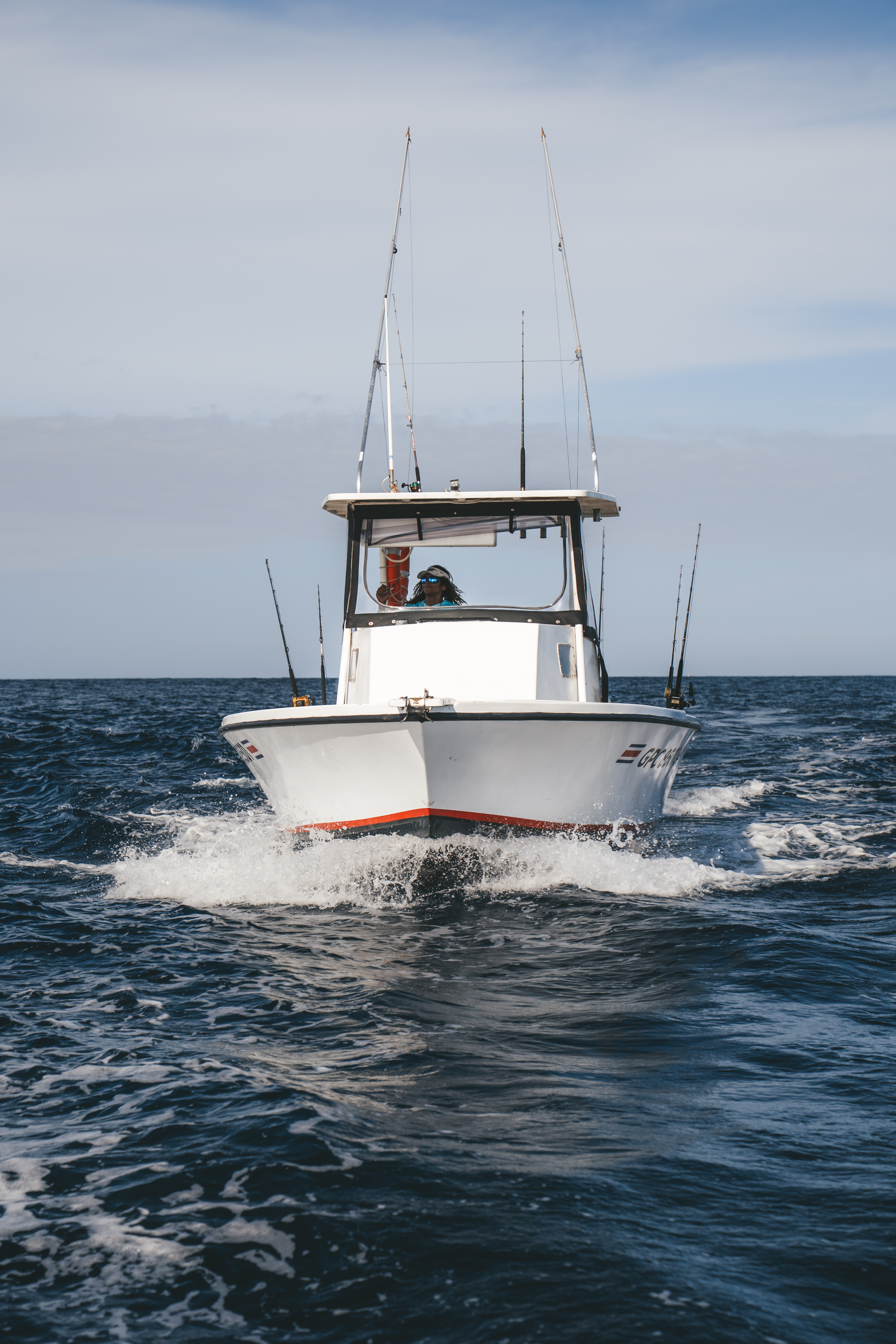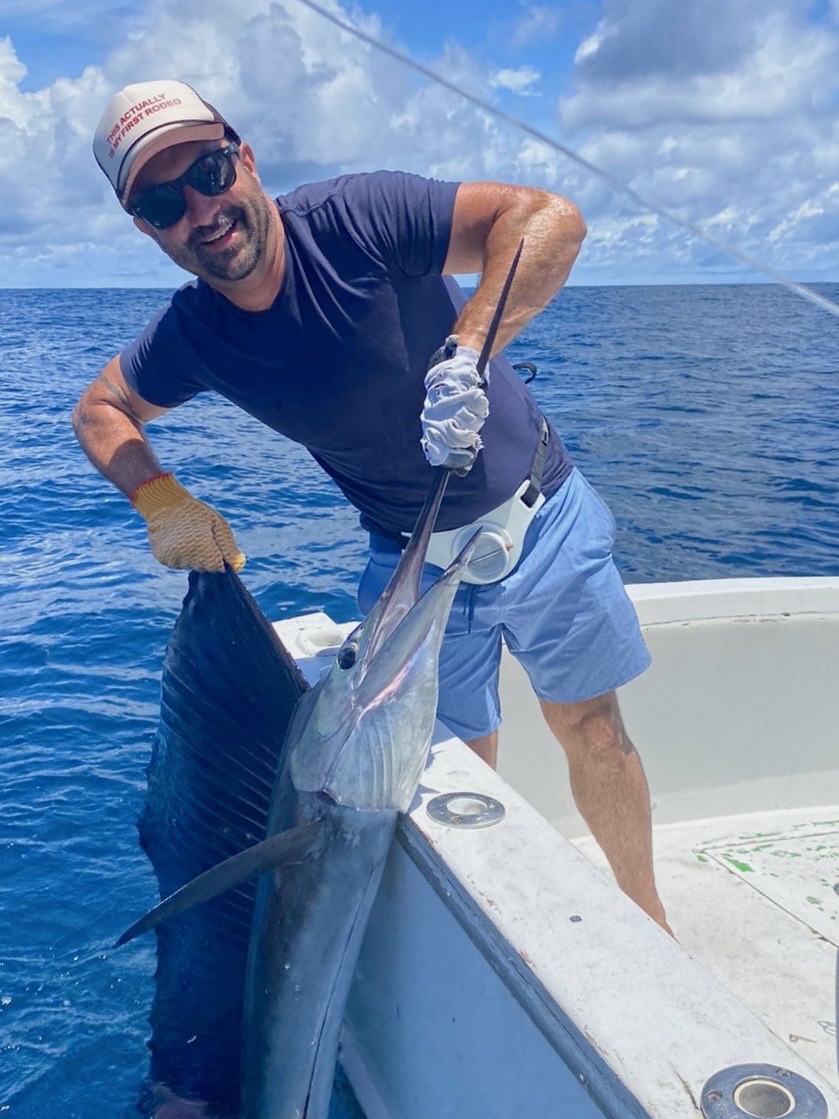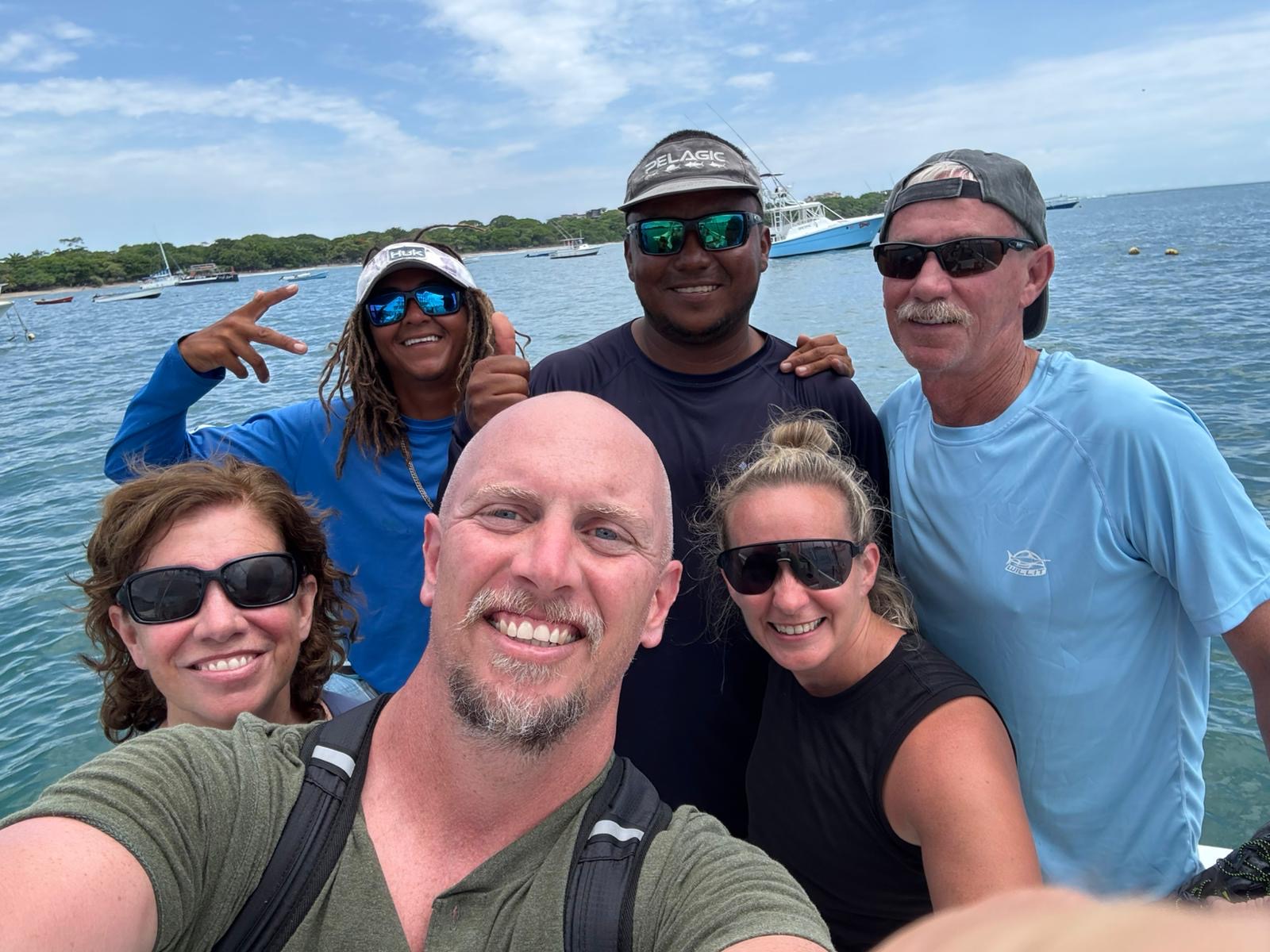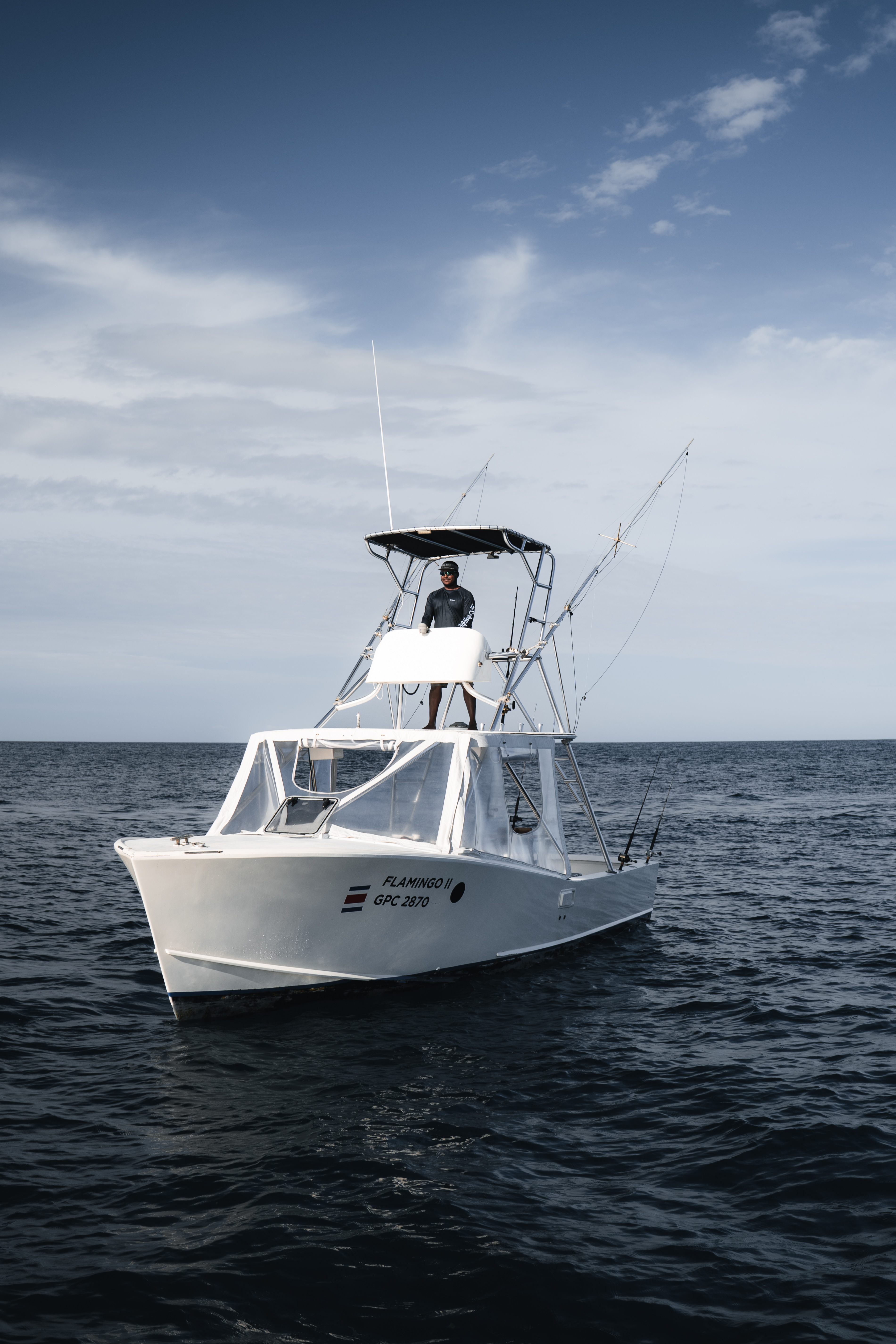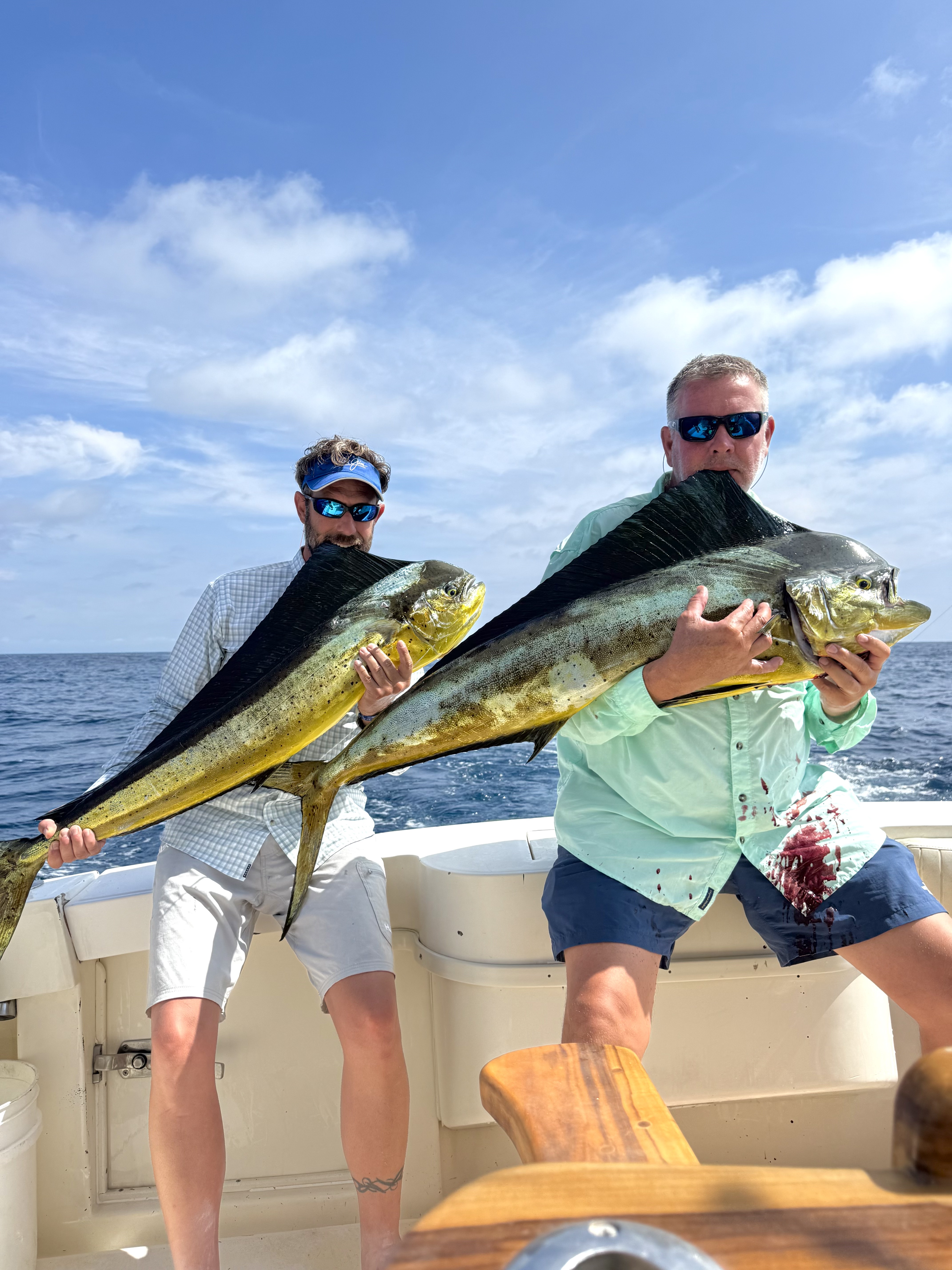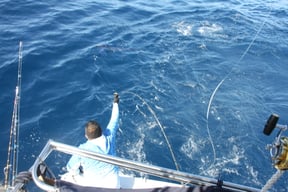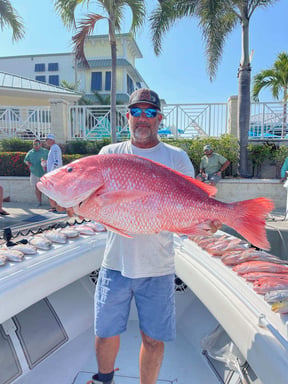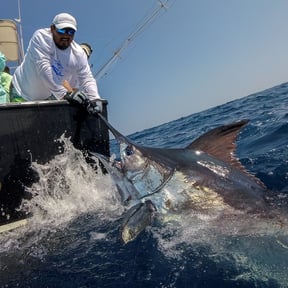Deep Sea, Nearshore Fishing in Key West
4-8 Hour Offshore Trip
Deep Sea, Nearshore Fishing in Key West
6-8 Hour Trip – Reef & Offshore
Deep Sea, Nearshore Fishing in Key West
12 Hour Trip – Offshore
Inshore, Deep Sea Fishing in Puerto Vallarta
31 Ft Grady White Half Day
Fishing Trip
Deep Sea Fishing in Kailua-Kona
Half Day Charter 4 Hours
Deep Sea, Nearshore Fishing in Riviera Beach
Palm Beach Offshore Trip
Deep Sea Fishing in Corral del Risco
5-8 Hour Offshore Trip
Inshore, Deep Sea, Nearshore in Tamarindo
27’ Budget-Friendly Fishing
Inshore, Deep Sea, Nearshore in Tamarindo
31-Foot Gamefish Power Run
We started Captain Experiences to make it easy to book fishing and hunting guides around the world. With over 2,000 Damn Good Guides, our platform makes finding and booking a trip seamless. Head here to check out our trips.
How To Rig For Offshore Fishing
Offshore fishing covers a wide range of environments and fish species that can be targeted more effectively by using different setups. The rigging from one type of fishing to another is very different and can be overwhelming. To help you make the most of your time on the water, here’s how to get rigged up to head offshore.
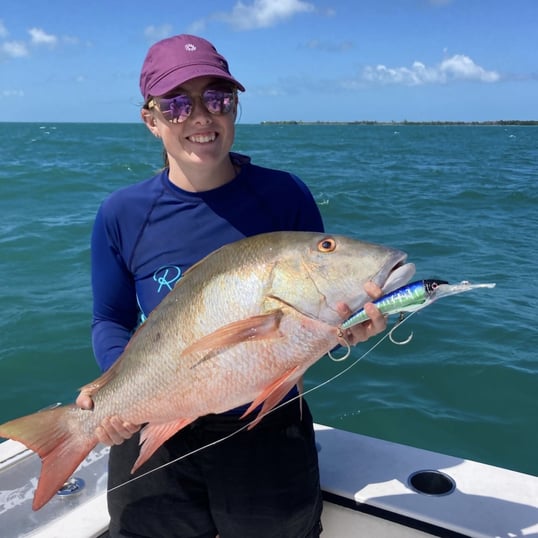
Casting
When you spot fish hitting bait on the surface near an oil rig, buoy, or weed line, the best thing to have is a spinning rod with a lure tied on. If toothy fish like sharks or wahoo are in the area, a wire leader is the best way to prevent the line from getting cut. Lure selection will depend on the target fish, but a popper, bucktail jig, or spoon are all great options. If you want to catch baitfish to use later, a light rod with a sabiki rig is a must. Sabiki rigs have several small hooks with short leaders tied evenly spaced out down a central line.
Trolling
When setting up for offshore trolling, plugs, spoons, and various baitfish are some of the most popular choices. Plugs have large solid heads generally made of plastic with a line pass-through drilled through the middle. The back of the plug has a skirt made of colored soft plastic and reflective strands which makes it resemble a squid or baitfish while also concealing the hook.
Spoons are common in freshwater fishing which makes offshore trolling spoons the hefty big brother. These spoons are generally bigger, more streamlined, and heavily weighted compared to freshwater spoons. These lures are long shiny pieces of metal that are equipped with either a treble hook or a single large saltwater hook.
Trolling bait like ballyhoo or needlefish requires a wire leader with two hooks spaced six to ten inches apart. The first hook goes through the head point down and the second is pushed completely through the middle of the bait then hooked point up through the fish near the anal fin before being twisted point down and secured back into the body. This setup allows the bait to have a natural appearance and swimming action.
Drifting
Cut bait and live bait are the two most common setups for catching huge fish. Cut bait is chunks of baitfish, bonito, bluefish, or mackerel hooked on the end of a strong monofilament or wire leader. Weights can be used to drop bait deeper or drag bait along the bottom where everything from snapper and grouper to tuna and swordfish are commonly found.
Live bait uses a similar hook and leader set up with a float or weight. Using a weight puts your bait deeper in the water while using a float keeps it swimming near the surface. Depending on where the fish are will decide which approach puts your bait in the best position for a bite.
Bottom Fishing
Bottom fishing is common for snapper and grouper species as well as amberjack. These fish will happily take an easy meal making live and cut bait very effective. A strong leader with a heavy weight and hook ensures that your bait makes it to the bottom and doesn’t break when you get a bite. Another popular choice for bottom fishing is jigging which uses a leader attached to a spoon, bucktail, or another type of heavy jig.
Offshore Rigging
When you head off on a trip, make sure you check the condition of your rigs several times before, during, and after to make sure they don’t wear out. It’s also important to use high-quality and durable leaders whether it’s monofilament or wire. While it may cost a little more, the leader is keeping a hooked fish attached to your line, and having an unexpected failure is a big bummer. Finally, good knots and sharp hooks are two of the most critical parts of rigging. Sharp hooks set and hold better while strong knots make sure you have a fair chance at landing the fish. Always keep a pair of line clippers and a small file nearby to ensure everything you have rigged up is in tip-top shape.
Joey Butrus
Updated on July 31, 2023
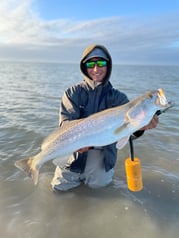
January 19, 2021

August 21, 2023

May 13, 2024
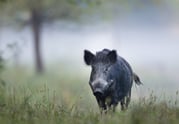
November 7, 2023

October 26, 2020
Related Articles
November 26, 2022
August 2, 2023
January 12, 2022
Featured Locations
- Fishing Charters Near Me
- Austin Fishing Guides
- Biloxi Fishing Charters
- Bradenton Fishing Charters
- Cabo San Lucas Fishing Charters
- Cancun Fishing Charters
- Cape Coral Fishing Charters
- Charleston Fishing Charters
- Clearwater Fishing Charters
- Corpus Christi Fishing Charters
- Crystal River Fishing Charters
- Dauphin Island Fishing Charters
- Daytona Beach Fishing Charters
- Destin Fishing Charters
- Fort Lauderdale Fishing Charters
- Fort Myers Fishing Charters
- Fort Walton Beach Fishing Charters
- Galveston Fishing Charters
- Gulf Shores Fishing Charters
- Hatteras Fishing Charters
- Hilton Head Fishing Charters
- Islamorada Fishing Charters
- Jacksonville Fishing Charters
- Jupiter Fishing Charters
- Key Largo Fishing Charters
- Key West Fishing Charters
- Kona Fishing Charters
- Lakeside Marblehead Fishing Charters
- Marathon Fishing Charters
- Marco Island Fishing Charters
- Miami Fishing Charters
- Montauk Fishing Charters
- Morehead City Fishing Charters
- Naples Fishing Charters
- New Orleans Fishing Charters
- New Smyrna Beach Fishing Charters
- Ocean City Fishing Charters
- Orange Beach Fishing Charters
- Panama City Beach Fishing Charters
- Pensacola Fishing Charters
- Pompano Beach Fishing Charters
- Port Aransas Fishing Charters
- Port Orange Fishing Charters
- Rockport Fishing Charters
- San Diego Fishing Charters
- San Juan Fishing Charters
- Sarasota Fishing Charters
- South Padre Island Fishing Charters
- St. Augustine Fishing Charters
- St. Petersburg Fishing Charters
- Tampa Fishing Charters
- Tarpon Springs Fishing Charters
- Venice Fishing Charters
- Virginia Beach Fishing Charters
- West Palm Beach Fishing Charters
- Wilmington Fishing Charters
- Wrightsville Beach Fishing Charters
